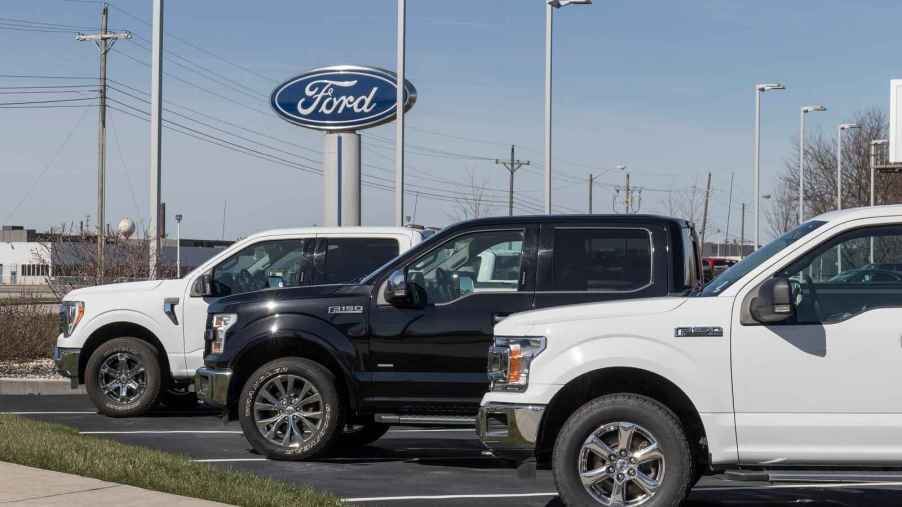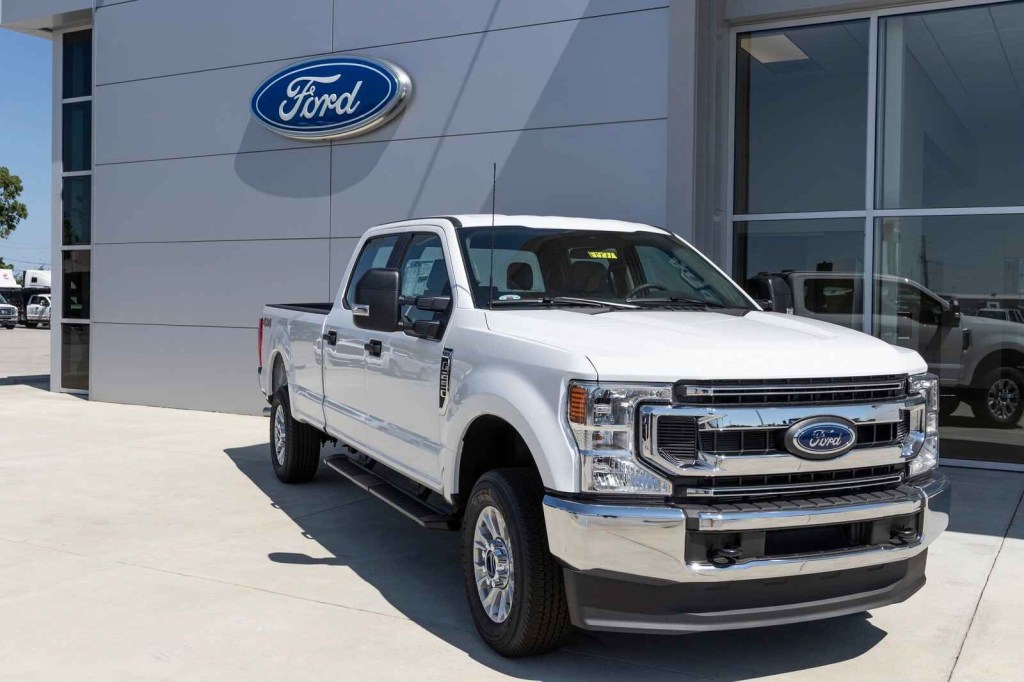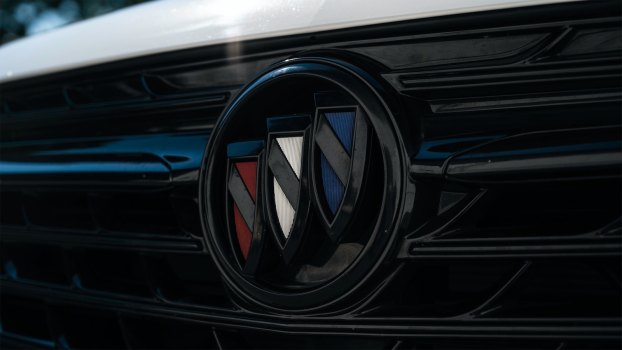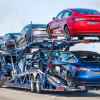
Are Ford’s Supply Woes Impacting Mom and Pop Dealerships?
Supply chain issues stemming from the recent pandemic continue to trickle down to Ford dealerships and consumers. Limited vehicle availability remains evident whether you drive past a dealership or use the automaker’s online shopping tools. As mom-and-pop dealerships face hard decisions concerning their viability, buying a car online is easier and more popular than ever.
A Ford dealership in Iowa closed and is blaming the company

According to Ford Authority, Welterlen Motors, owned by Tom Forkenbrock, closed because Ford couldn’t supply the vehicles its customers desired. In addition to COVID-related supply chain problems, Ford felt the impact of the recent six-week UAW strike.
Forkenbrock blames the closure of his Edgewood dealership on Ford’s projection of limited stock for the next “couple of years.” Forkenbrock also feels the automaker’s push toward online sales and fixed pricing will turn car dealers into “distribution centers.” That’s not the one-on-one car buying experience Forkenbrock envisioned for his customers when he opened the dealership in 1991.
With limited vehicle availability, Ford offered Forkenbrock a chance to buy into its “Model e Certified” program to sell EVs. However, certification requires installing charging stations and waiting years to receive substantial stock, given Iowa’s position on the distribution list. The east and west coasts will receive 90 percent of Ford’s EVs for at least two years.
Does this dealer have a point?
As a Ford dealership, it’s evident that the business suffers if the supply of Ford vehicles becomes limited. Although it appears Forkenbrock enjoys selling cars, without the models people want, there’s no deal to make. And without deals, there’s no money to pay the dealership’s employees or stay in business.
It’s also evident that Ford has little to offer struggling dealerships as it attempts to retain its market share. As Ford strives for more online sales and ships most of its EVs to the edges of the country, mom-and-pop dealerships will continue to fail.
Why this Ford dealer is also wrong
While Forkenbrock’s situation is unfortunate, a growing number of consumers don’t miss the one-on-one experience. A study from 2022 shows car-buying transactions split equally between online and in-person, according to Progressive. While 80 percent of people over 57 bought in person at dealerships, only 26 percent between 25 and 40 did. While buying online or in-person remains split equally considering all age groups, online car buying favors delivery websites over dealerships.
It’s always difficult when someone closes a business they’ve invested so much of their life into. However, as difficult as it is, history is littered with failed businesses. Small-town hardware stores give way to large home improvement chain stores. The same fate applies to local grocery and clothing stores as large department store chains replace them.
From a consumer perspective, it comes down to convenience and cost. Buying a car online avoids dealing with salespeople circling dealership car lots like hungry sharks. It also allows consumers time to compare brands, models, and prices without pressure. Ultimately, consumers will decide what buying a car looks like in the future as they make purchases online or at the dealership.





